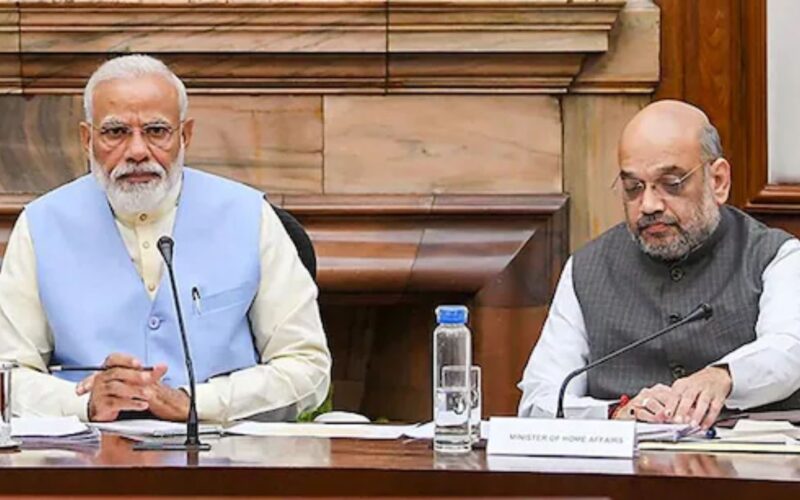New Delhi (Rajeev Sharma): In the aftermath of the April 22 terror strike in Pahalgam that killed 26 people, mostly tourists, India announced a set of diplomatic and security measures aimed at pressuring Pakistan to act against militancy.
Here’s what each step means:
Indus Waters Treaty Suspended
What it means: India has placed its obligations under the 1960 Treaty “in abeyance.” While water flow continues today, Pakistan’s Punjab, heavily dependent on these rivers for irrigation, now faces uncertainty. The move sends a potent political warning, ‘future water supplies could be curtailed if terror persists’.
SAARC Visa Stickers for Pakistanis Cancelled
What it means: Pakistanis currently in India on SAARC-exempt visas must leave within 48 hours, and no new SAARC visas will be issued. By ending this unilateral concession, New Delhi tightens entry controls and underscores that Pakistani visitors no longer enjoy special access.
Diplomatic Mission Strength Reduced to 30 Staff
What it means: India has cut its diplomatic presence in both New Delhi and Islamabad, down from 55 to 30 personnel each. This signals a calibrated downgrade in bilateral engagement, ties remain open, but only tentatively until Pakistan demonstrates concrete counterterror action.
Pakistan Defence Attachés Declared Persona Non Grata
What it means: Military, naval, and air attachés at Pakistan’s High Commission in New Delhi have been ordered to leave within a week. This unprecedented defence‐level snub freezes formal military‐to‐military dialogue, blocking a key channel for security cooperation.
Closure of the Atari–Wagah Border Crossing
What it means: The iconic civilian and trade gateway at Wagah has been shut, halting daily pedestrian traffic and most commercial trade. Officials are now reviewing whether even the ceremonial “Beating Retreat” drill can continue, a powerful symbol of India’s hardening stance.

